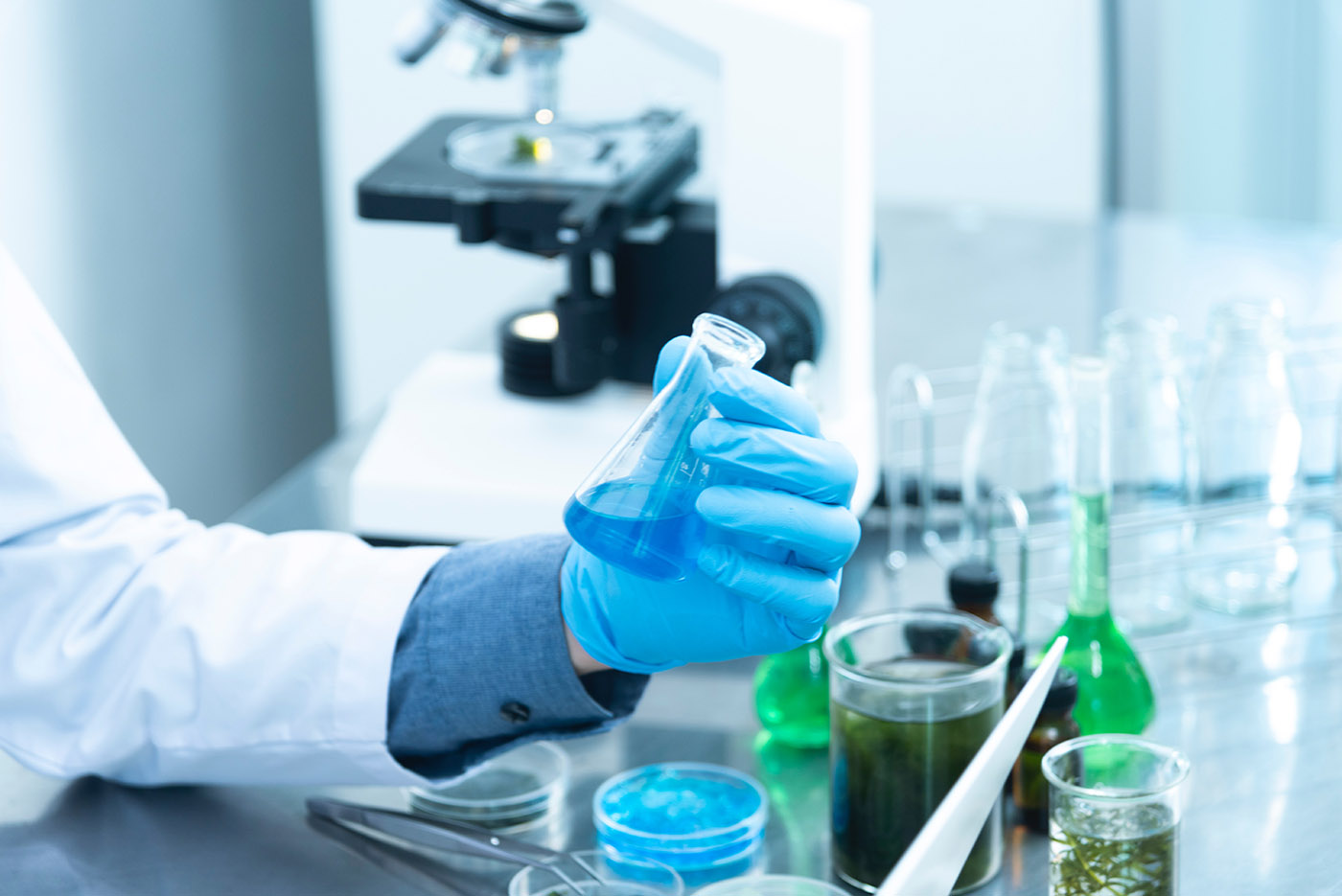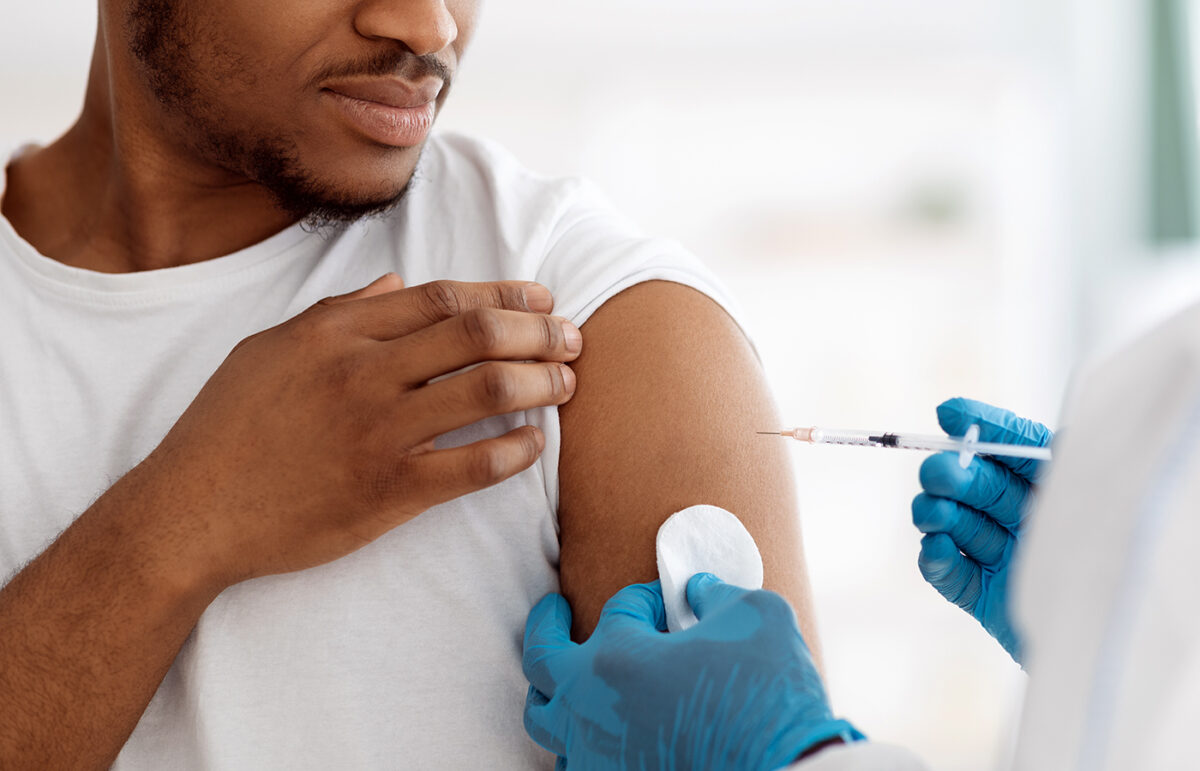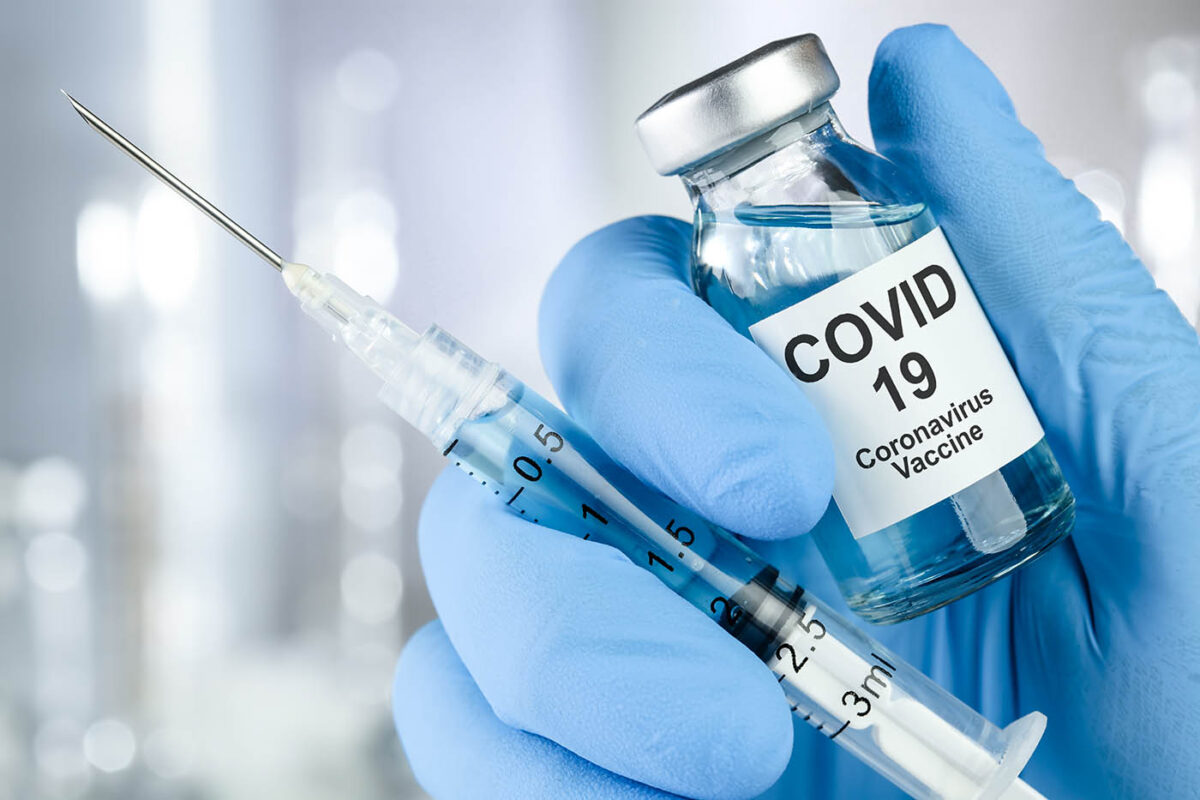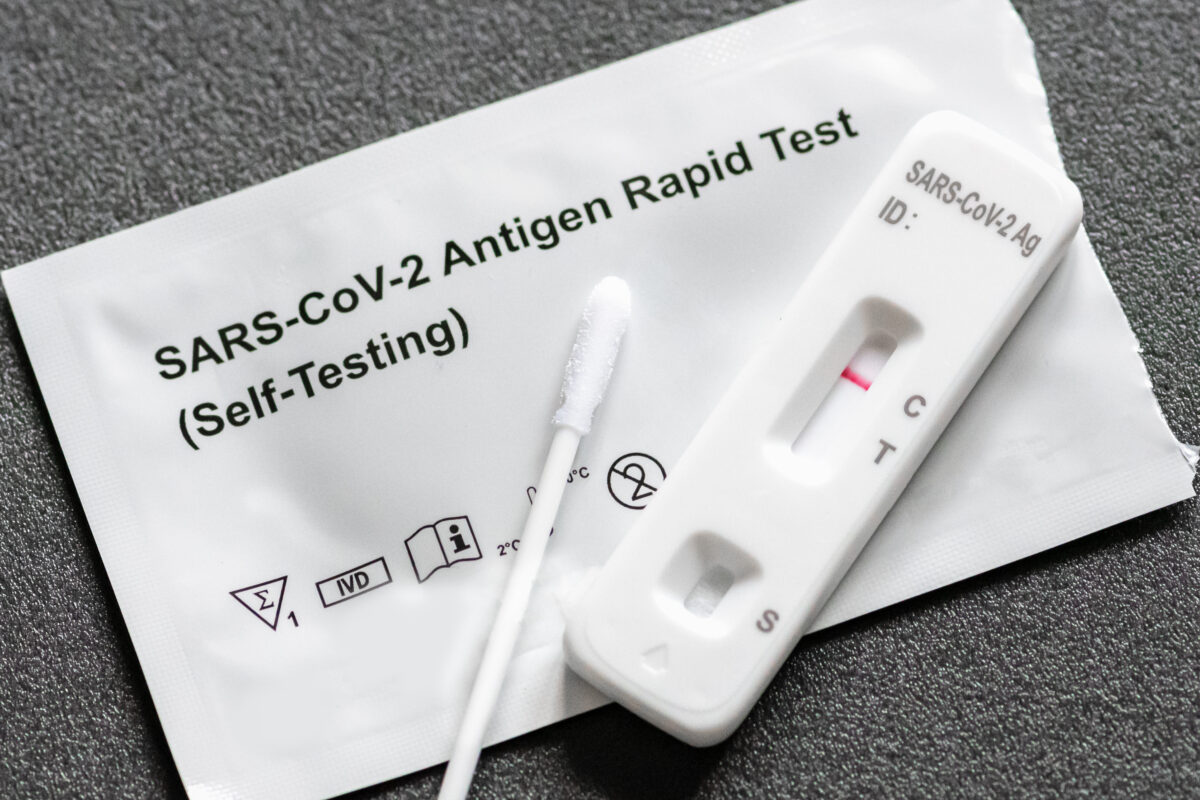
In this installment in our series explaining key terms and phrases used by public health officials in discussions of the COVID-19 pandemic, we look at the term “assay.”
A key component of better understanding and management of the COVID-19 pandemic is the ability to perform widespread testing for the virus. Issues regarding COVID-19 testing shortages have been widely reported, and in some of this coverage you may have seen the term “assay” being used.
Broadly, an assay can be thought of as a scientific experiment to look for the presence of a specific item, such as a virus. In the context of COVID-19, an assay is a type of experiment done to detect the presence of COVID-19 in cells.
The Centers for Disease Control and Prevention (CDC) has developed a diagnostic test, or assay, for COVID-19. Initially, diagnostic testing for COVID-19 was only conducted by the CDC. In March, the Federal Drug Administration, as outlined in an Emergency Use Authorization, began allowing additional CDC-designated labs to develop their own tests due to the ongoing public health emergency. The intent of the guidance is to improve the availability of COVID-19 diagnostic tests being developed by clinical labs and commercial manufacturers.
See more definitions of terms and other information about the pandemic on our website’s COVID-19 in Arkansas page.






